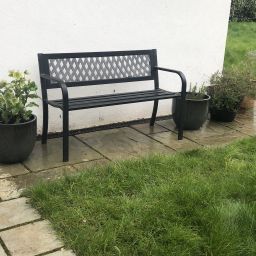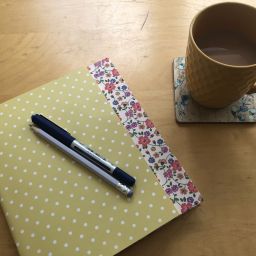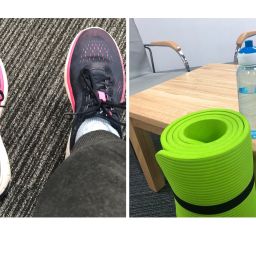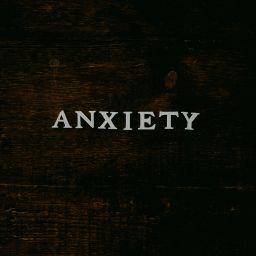
I don’t know about you, but I don’t always feel super-confident and fabulous all the time. Anyone else? Or is it just me? I suspect not!
Most of us have our moments of self-doubt, and for some of us self-esteem can often feel a bit wobbly or even non-existent.
WHY MIGHT WE HAVE LOW SELF-ESTEEM?
There are lots of reasons why we might struggle with low self-esteem. For some it might be that we grew up with a lot of criticism and emotional neglect in our families. For others it might come from critical teachers or school bullies. More recent experiences may have contributed too, like workplace bullying or a relationship with someone who criticises you and puts you down all the time. Images of perfection that we see on social media don’t help – they are hard to live up to. Try not to compare yourself to others. You are unique and valuable just as you are.
DEVELOPING SELF-COMPASSION
There are times when the things we say to ourselves can reinforce those negative messages. Notice how you speak to yourself. Is your inner voice critical or kind? Quite often people who come to me for therapy say, “I’m my own worst enemy.” Do you ever feel like that? I wonder if that’s something you’d like to change. What would it be like to be your own best friend? Can you practise being kind to yourself as you would to a friend or a child? Self-compassion is a habit you can practise. It might feel difficult at first but it will get easier the more you do it.
AFFIRMATIONS TO BOOST YOUR SELF-ESTEEM
Some people find it helpful to use affirmations as a way of cultivating that kind inner voice. Here are a few to get you started:
- I am enough.
- It’s okay to take care of my needs.
- I am good at…
- My strengths are…
- I am worthy of love and care.
If you’d like to find out more about how to use affirmations to help you feel more confident you can read about it here.
JOURNAL PROMPTS FOR SELF-ESTEEM
If you find journalling helpful, you could use journal prompts to increase your self-esteem. Try searching for them online, or start with any of these that appeal to you:
- Write about your strengths/ things you are good at.
- Write about what you have done well today.
- List some positive things other people have said to you/ about you.
- How would your close friends describe you? What do they love about you?
- What do you love about yourself?
- Write about something you have done that you feel proud of.
MINDFULNESS PRACTICE
Practising mindfulness is a way of nurturing and caring for yourself. There’s lots of information about mindfulness online and some meditation apps that are really useful. I’ll be reviewing some of them in another post soon. You don’t necessarily need to use an app though. At it’s heart, mindfulness is a simple (though not always easy) process of noticing what is happening around you and inside you. If you’re new to it, try just a few minutes at a time. Here are some questions to help you:
- What sounds can you hear?
- What can you see around you? (If you are practising with your eyes open.)
- What can you feel or touch?
- What sensations can you feel in your body?
- Are there areas of discomfort?
- Are there parts of your body that feel relaxed?
- What might you need to feel more relaxed?
- If you feel comfortable to do so, pay attention to your breath. Is it fast or slow?
- Can you slow it down a little?
- What emotions are you feeling right now?
- Is there anything you need that you can take care of?
- Are you too warm? Too cold? Hungry? Thirsty?
Just checking in with some of these questions a few times a day can be a really good way of showing yourself the care that you need.
SELF CARE
As well as developing a mindfulness practice, it’s good to think about how else you might care for yourself. Are you looking after your body? Are you giving yourself nutritious food, plenty of water, gentle exercise? Are you getting enough sleep? Do you have a relaxing bedtime routine? Can you give yourself time away from screens before trying to sleep? Always remember you are worth caring about.
These are just some ideas to get you started thinking about how you might build your self-esteem. For more suggestions have a look at part 2 of this blog post here. Which of these ideas might be most useful for you?
And if you need some help with managing feelings of low self-esteem, contact me on hannahflowerscounselling@gmail.com or via the contact form. You don’t have to do this alone.














